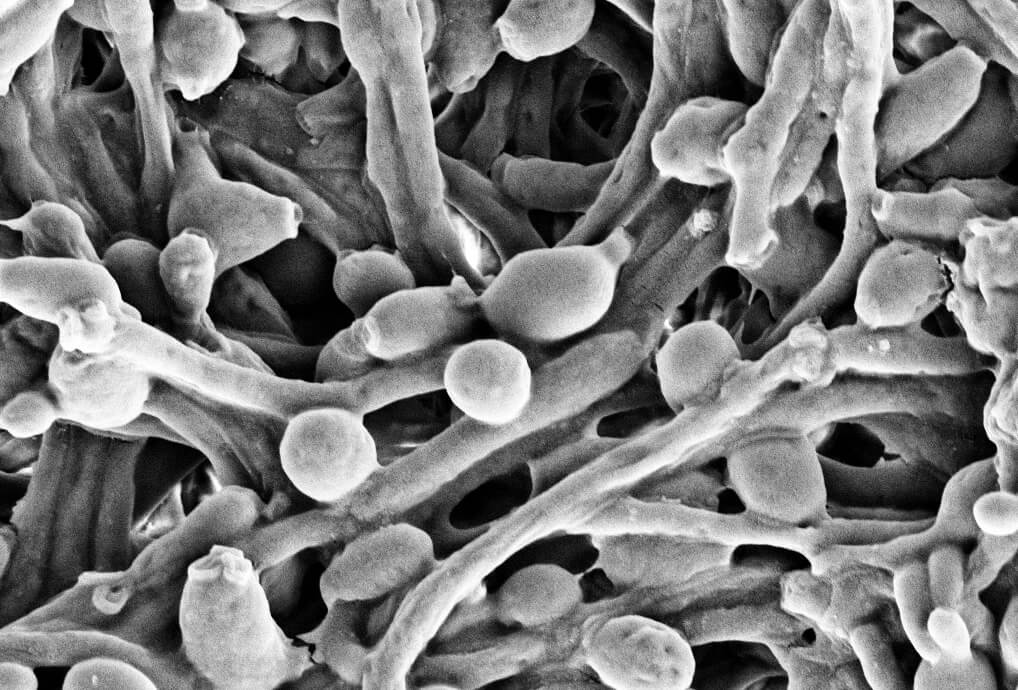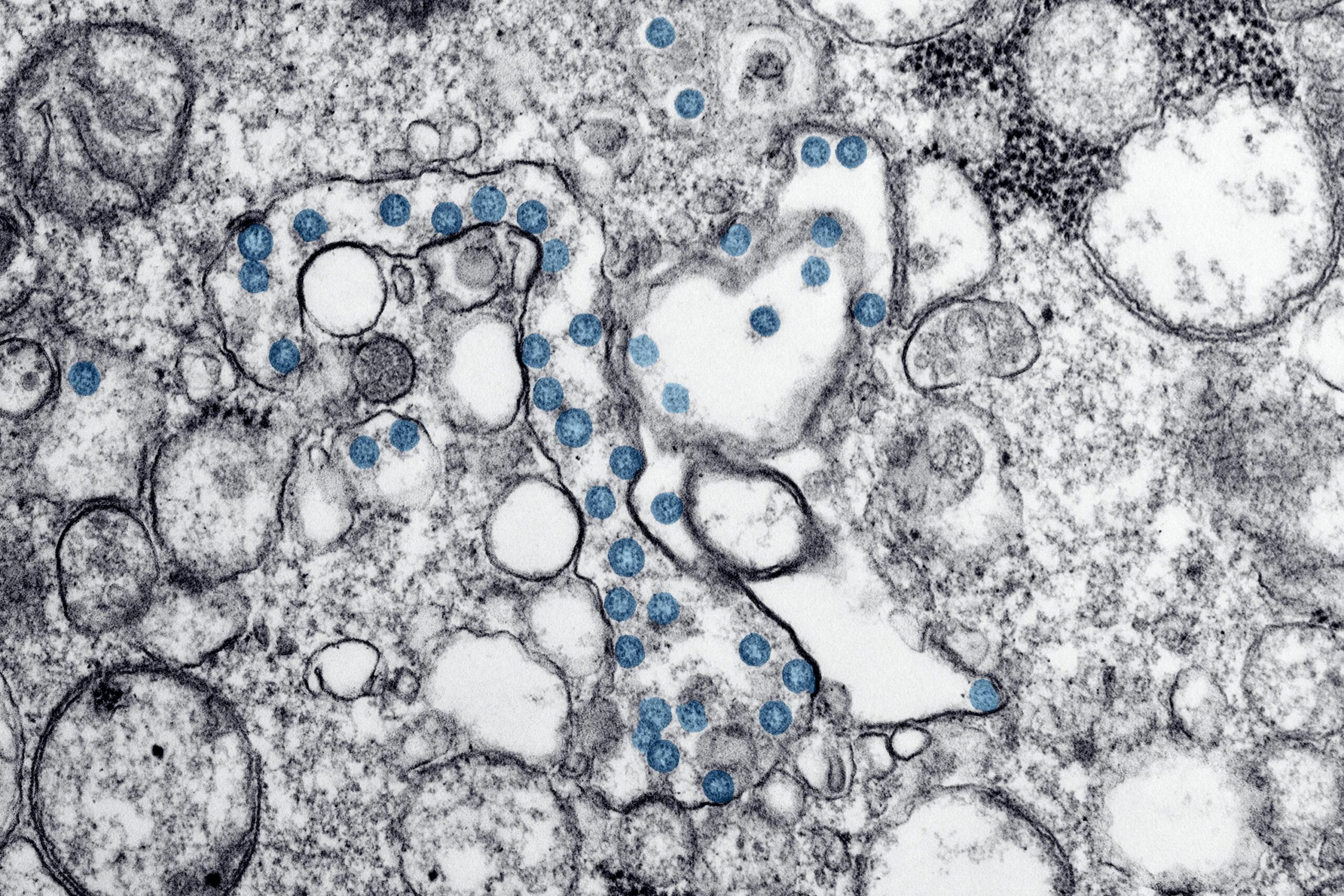New evidence suggests there is a competitive relationship between fungal and bacterial microorganisms in the human gut, according to a recent study. The mycobiome is the collection of different types of fungi in the human digestive system, and although past studies have indicated their importance in overall gut health, the specific role the mycobiome plays is still poorly understood. This is partly due to the fact that the mycobiome is considered one of the “dark matter” areas within the human gut, meaning it hasn’t been studied very extensively.
The Role Of Fungi
Fungi is a key part of the digestive system of many mammals, not just humans. For example, fungi have been identified in the gut of rats, mice, pigs, and different types of herbivores. But a deeper understanding of the mycobiome is limited due to a lack of accurate taxonomic annotation within fungal databases. So far, the databases containing the most relevant information on mycobiome fungi are ITSoneDB, RefSeq targeted loci (RTL), and Findley, among others.

A previous study found that fungi are detectable in all areas of the human GI tract, and commonly found species include Cladosporium, Saccharomyces, Candida, Fusarium, Penicillium, Galactomyces, Debaromyces, Pichia, Aspergillus, Malassezia, Cryptococcus, Cyberlindnera, and Trichosporon. Other studies suggest that fungi make up approximately 0.1% of the gut microbiome. It’s clear that the delicate balance of fungi in the mycobiome can be easily disrupted, leading to illness or disease.
For example, many studies have shown that extended use of antibiotics results in an overgrowth of fungi and infection in the gut. In patients with IBD, the gut mycobiome has been shown to have a reduced diversity of fungi. An unhealthy fungal composition in the gut impacts the ratio of good and bad bacteria, including higher relative abundances of the taxa Candida, Filobasidiaceae, and Malasseziales and concurrent lower abundances of Saccharomyces, Penicillium, and Kluyveromyces.
A Lack Of Research
Many factors are believed to have an impact on the health of the gut mycobiota. The host physiology, genotype, age, sex, and immune system are just some of the elements that can influence overall gut health. However, diet has been shown to be one of the most important factors influencing the fungal mycobiome composition. A plethora of Candida, for instance, is correlated with the consumption of carbohydrates.
But a clearer picture is needed to understand how other factors may influence the gut mycobiota. Other lifestyle habits such as exercise, type of medications, and comorbid conditions can also potentially impact the ratio of bacteria and fungi in the human gut. Unfortunately, there is still a lack of research determining how these factors may influence mycobiome health, however, it is required if we are to examine the important role fungi plays in disease prevention.
Find this study in the journal Microorganisms.











